We often recite “Shir HaMaalot” (Psalm 126) at the beginning of Birkat HaMazon, the grace after meals, on holidays and special occasions. In their latest hit “I Am Planting,” my colleagues Miriam Brosseau and Alan Jay Sufrin at Stereo Sinai, a band that blends Torah with original pop music, draw a beautiful connection between this Psalm and Tu Bishvat.
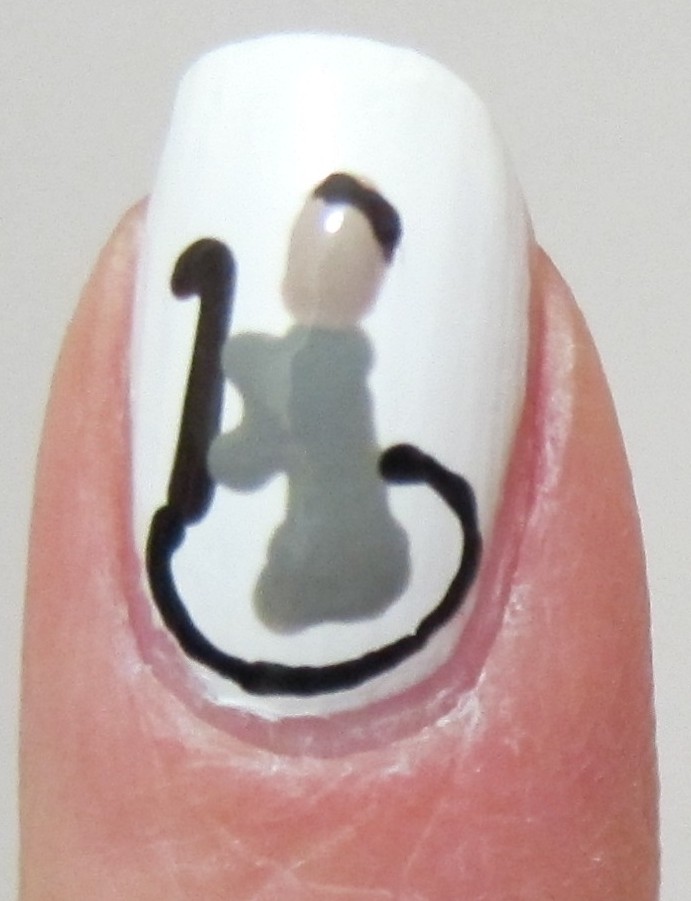 The Talmud in Taanit 23a tells the story of Choni HaMeAgel, Choni the circle-maker, who struggled with what Psalm 126:1 meant by the words, “Shir HaMaalot B’Shuv Adoshem Et Shivat Tzion Hayinu KeCholmim,” “When God returned the exiles to Zion, we were ‘like’ dreamers.” The Talmud demonstrates how Choni came to a fuller understanding of this verse by means of an unexpected encounter. One day Choni saw a man planting a carob tree and asked him how long it would take for the tree to bear fruit. The man told him that it would take about seventy years. Choni said to him “but you are so old you will never taste its fruit!”
The Talmud in Taanit 23a tells the story of Choni HaMeAgel, Choni the circle-maker, who struggled with what Psalm 126:1 meant by the words, “Shir HaMaalot B’Shuv Adoshem Et Shivat Tzion Hayinu KeCholmim,” “When God returned the exiles to Zion, we were ‘like’ dreamers.” The Talmud demonstrates how Choni came to a fuller understanding of this verse by means of an unexpected encounter. One day Choni saw a man planting a carob tree and asked him how long it would take for the tree to bear fruit. The man told him that it would take about seventy years. Choni said to him “but you are so old you will never taste its fruit!”
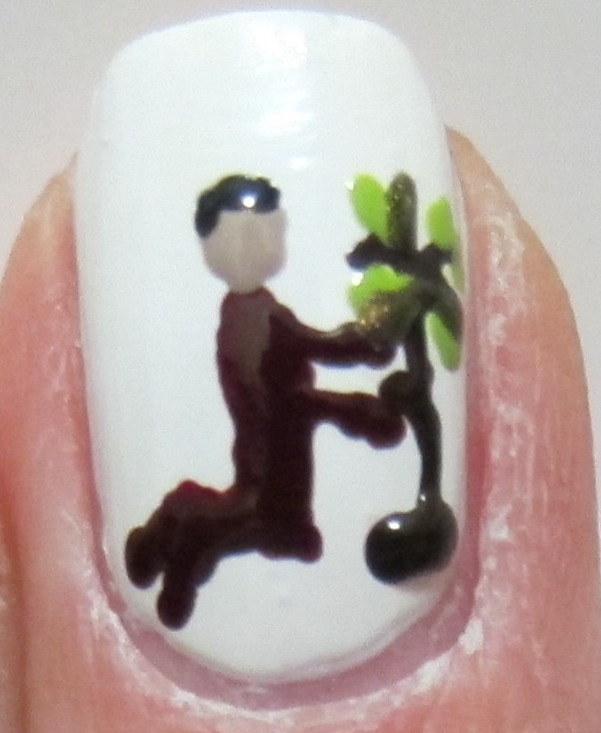 The man replied, “As my ancestors planted for me – I will also plant for my offspring.” Choni soon found himself in a deep sleep that lasted (conveniently) for seventy years. When Choni woke up he saw a man gathering the fruit of the carob tree. Not realizing how long he had actually slept, Choni asked the man if he was the same man who had planted the original carob tree. The man replied to Choni, “I am his grandson.”
The man replied, “As my ancestors planted for me – I will also plant for my offspring.” Choni soon found himself in a deep sleep that lasted (conveniently) for seventy years. When Choni woke up he saw a man gathering the fruit of the carob tree. Not realizing how long he had actually slept, Choni asked the man if he was the same man who had planted the original carob tree. The man replied to Choni, “I am his grandson.”
 Shir HaMaalot states we were “like” dreamers since individuals who were exiled from Israel never thought they would live to see a return to the Land of Israel. Just as Choni never thought he would live to see the fruit of the carob tree, so too did the Jewish people in exile think they would never live to see a return to Israel (the exile according to rabbinic chronology lasted about seventy years). The Talmud’s Aramaic phrase of “As my ancestors planted for me – I will also plant for my offspring,” which serves as the refrain of the Stereo Sinai Tu Bishvat song, can also serve as our mantra on this Tu Bishvat. May we continue our work of planting the seeds for future generations through agricultural innovations, protecting the environment, and by passing on this very mantra to our children and grandchildren. At times we may be “like” dreamers, but perhaps one day we too will see our labors come to fruition. Chag Sameach!
Shir HaMaalot states we were “like” dreamers since individuals who were exiled from Israel never thought they would live to see a return to the Land of Israel. Just as Choni never thought he would live to see the fruit of the carob tree, so too did the Jewish people in exile think they would never live to see a return to Israel (the exile according to rabbinic chronology lasted about seventy years). The Talmud’s Aramaic phrase of “As my ancestors planted for me – I will also plant for my offspring,” which serves as the refrain of the Stereo Sinai Tu Bishvat song, can also serve as our mantra on this Tu Bishvat. May we continue our work of planting the seeds for future generations through agricultural innovations, protecting the environment, and by passing on this very mantra to our children and grandchildren. At times we may be “like” dreamers, but perhaps one day we too will see our labors come to fruition. Chag Sameach!
Suggestions for Jewish Educators:
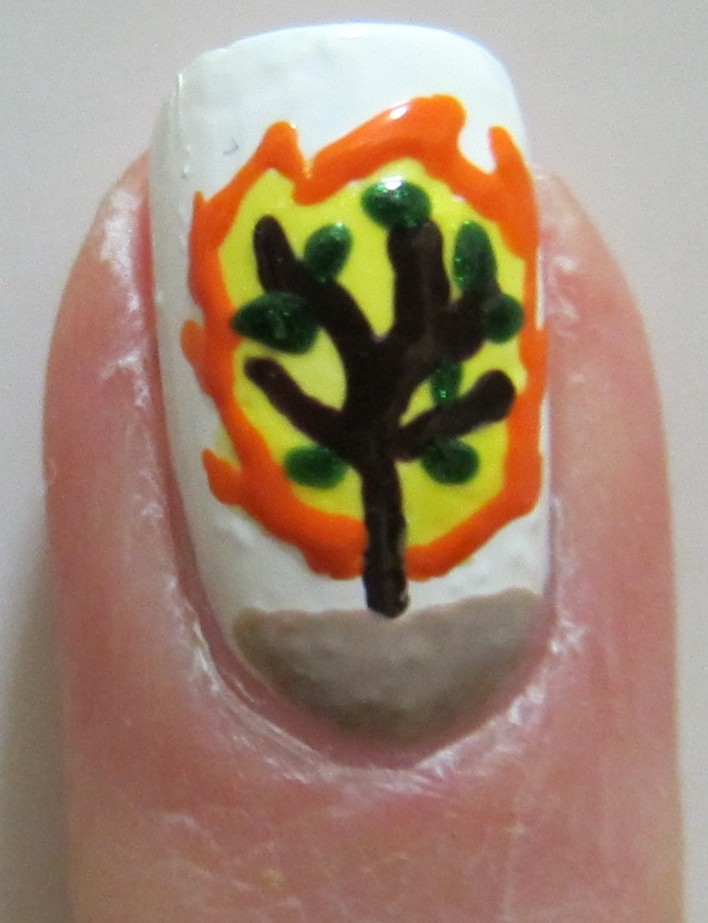 Grades 1-3: Plants of the Torah Students can identify biblical plants and their function in the Torah narrative. Examples of biblical scenes discussed in “I Am Planting” include: The Garden of Eden, Noah’s Ark, Moshe and the Burning Bush, and Devorah the Judge.
Grades 1-3: Plants of the Torah Students can identify biblical plants and their function in the Torah narrative. Examples of biblical scenes discussed in “I Am Planting” include: The Garden of Eden, Noah’s Ark, Moshe and the Burning Bush, and Devorah the Judge.
 Grades 4-5: Choni HaMeAgel Students can learn about the character of Choni HaMeAgel and explore the message behind his interaction with the man planting the carob tree. Students can also delve into significance of this New Year for the Trees as well as the importance of rain in Israel.
Grades 4-5: Choni HaMeAgel Students can learn about the character of Choni HaMeAgel and explore the message behind his interaction with the man planting the carob tree. Students can also delve into significance of this New Year for the Trees as well as the importance of rain in Israel.
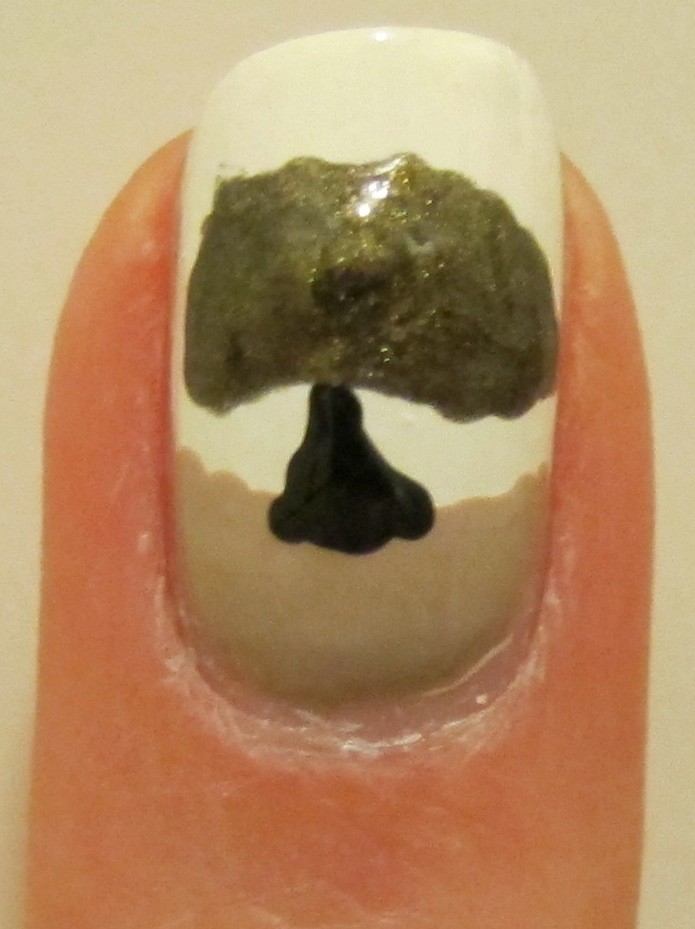 Grades 6-8: B.T. Taanit 23a Students can discuss how the Talmud incorporates the story of Choni HaMeAgel into its understanding of Shir HaMaalot (Psalm 126). Students can also integrate new meaning into their personal recitation of Birkat HaMazon.
Grades 6-8: B.T. Taanit 23a Students can discuss how the Talmud incorporates the story of Choni HaMeAgel into its understanding of Shir HaMaalot (Psalm 126). Students can also integrate new meaning into their personal recitation of Birkat HaMazon.


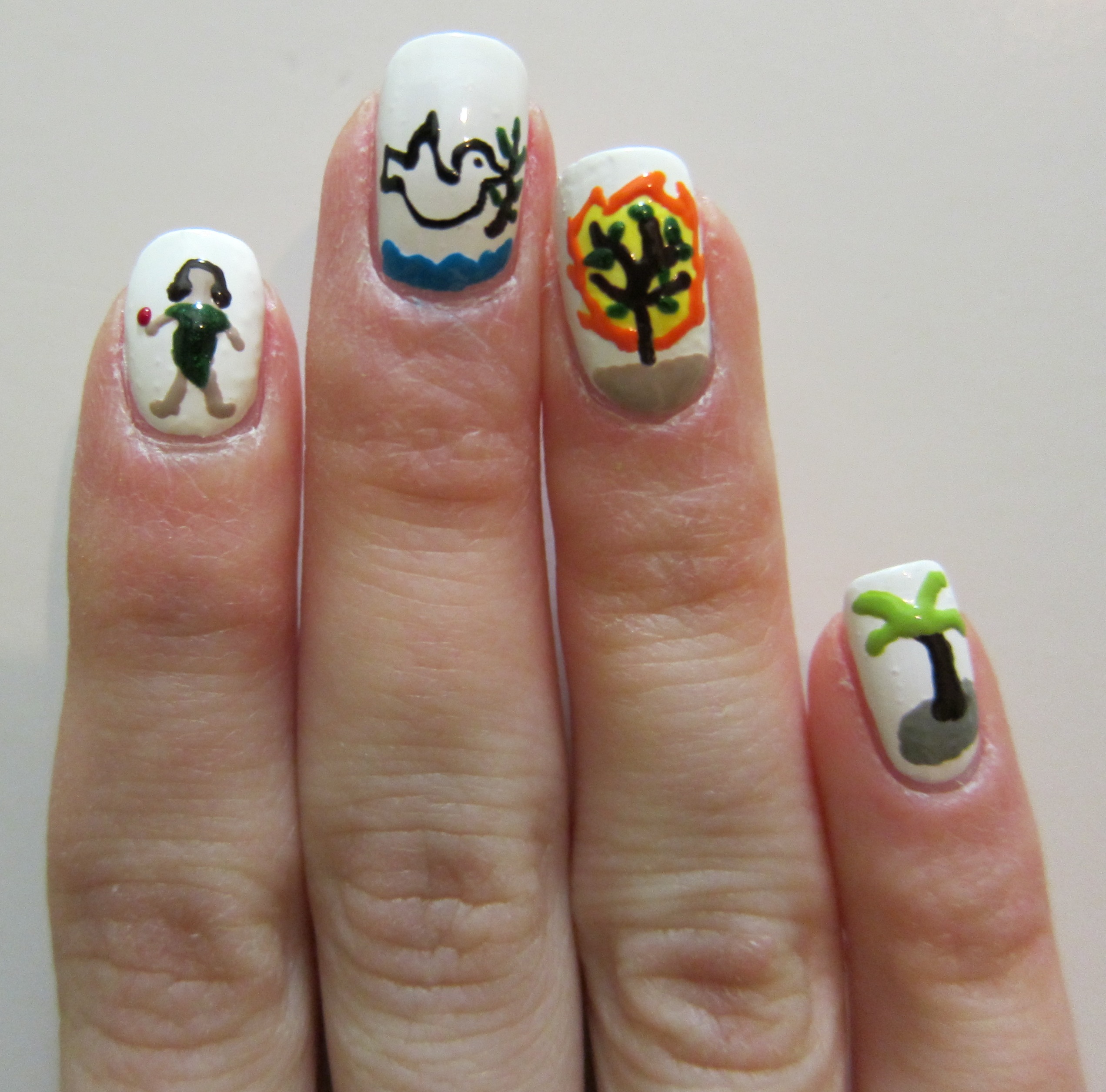
Great connections! I love the song “I am Planting”, and I really enjoy the way the Honi story was reinterpreted on this blog. We’re all dreamers!
So cool! My favorite is the world one.
This is so cool! Love what you’re doing 🙂
I like the raining cloud.
Pingback: Beshalach: Cloudy with a Chance of Manna | Midrash Manicures